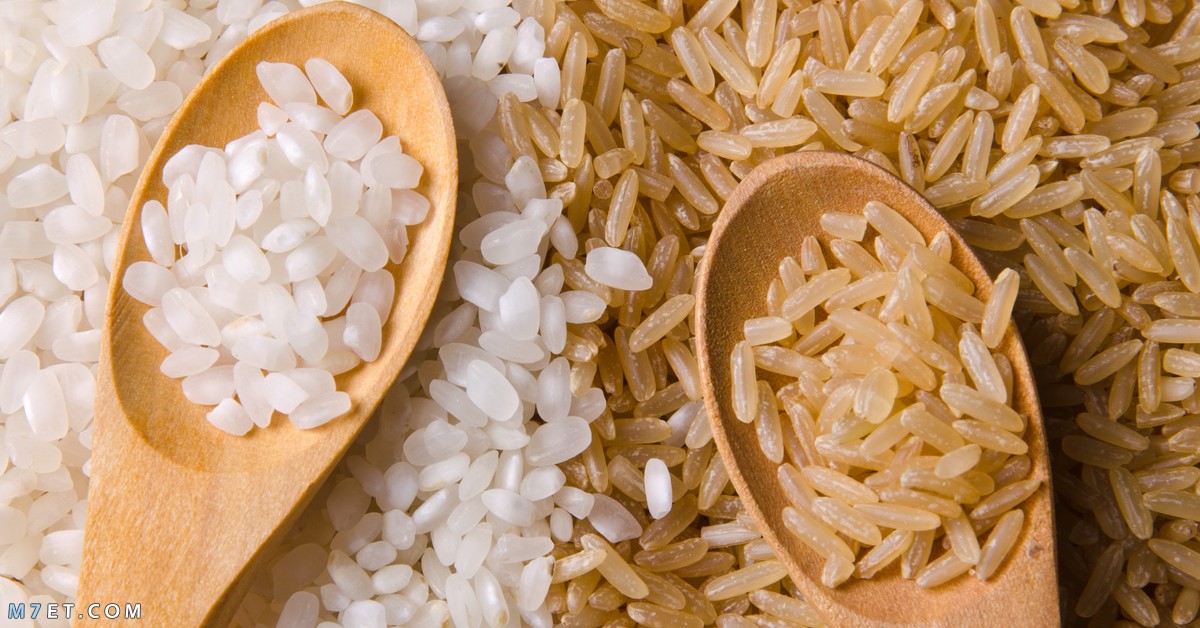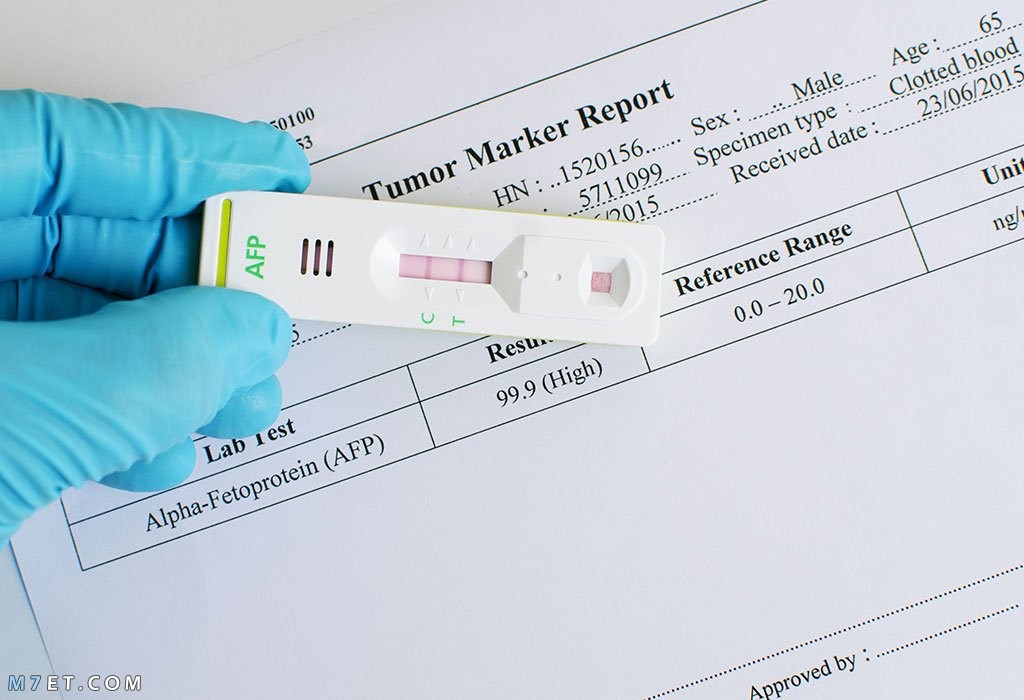What is the nutritional value of rice? It is one of the most common questions among individuals, as rice is a basic meal, and it is one of the main resources in various parts of the world, regardless of its type and method of preparation from one country to another. It is harvested in the summer and is harvested in the fall. It is also considered one of the general basic materials in every home. Find out the most important information on the . website Ocean.
What is the nutritional value of rice
There are many types of rice, the value of each differs from the other, and we get to know the nutritional value of rice and become as follows:
- Rice is rich in vitamins including (vitamin D, niacin, riboflavin, and thiamine).
- Rice contains a group of minerals (iron and calcium) and the value of potassium is 54 mg, and the value of iron becomes 1 mg.
- Fat content up to 4g is 1%.
- The caloric value is 242 (1011 kilojoules).
- The value of saturated fats to 1 g becomes 1%.
- The total carbohydrate value of 2 g is 18%.
- Vitamin C 0 mg, and the value of monounsaturated fat becomes 1 g.
- Polyunsaturated fat reaches 1 g, either for cholesterol 0 mg 0%, and for sodium 0 mg 0%.
- The percentage of protein in rice reaches 4 g, calcium reaches 6 mg, and vitamin A is 0 mg.
Read also the most important information about the following: What are the benefits of honey and what is its nutritional value
Nutritional value of basmati rice
Many people prefer to eat basmati rice over white rice because it contributes to losing weight because it does not contain a large percentage of calories.
Rather, it is characterized by being rich in nourishing vitamins and minerals. This value for one cup of basmati rice is as follows:
- It contains 205 calories (859 kilojoules).
- The percentage of total fat reaches 4 g 1%, and this percentage was distributed as monounsaturated fats 0.1 g, and poly fats 0. 1 g, saturated fat 0.1 g 1%.
- Cholesterol in rice reaches 0 mg 0%.
- The percentage of total carbohydrates is 5 g 15%, provided that the amount of dietary fiber is 0.6 g 3%.
- The percentage of sodium is up to 2 mg 0%, provided that the ratio of sugars is <0.1 g.
- The proportion of calcium in rice becomes 16 mg, and the protein value is 3 g.
- The potassium level in rice is 55 mg, with the iron value <1 mg.
You may be interested in finding more information through the following: Benefits and nutritional value of shea butter for the skin and face
White rice nutritional value
This type of rice contains a small percentage of sodium, so it gives the body the regulation of blood pressure in the body, in addition to containing healthy fibers that feed beneficial bacteria and give the body improvement during digestion and bowel movement, and this value is represented in the following:
- This value is for 100 grams of white rice.
- The calories in this value of rice are 111 (464 kJ).
- The total value in the fat is 9 g 1%, the polyunsaturated fat is divided into 0.3 g, the saturated fat is 0.2 g is 1%, and the monounsaturated fat is 0.3 g.
- Cholesterol is 0 mg 0%, and sodium is 5 mg 0%.
- The total carbohydrate value is 23 g 8%, and the dietary fiber ratio is 8 g 7%.
- The average sugars were 4g, and the protein became 2.6g.
- Calcium is 10 mg, and potassium is 43 mg.
You can enrich information through the following: The benefits of milk for children and its nutritional value
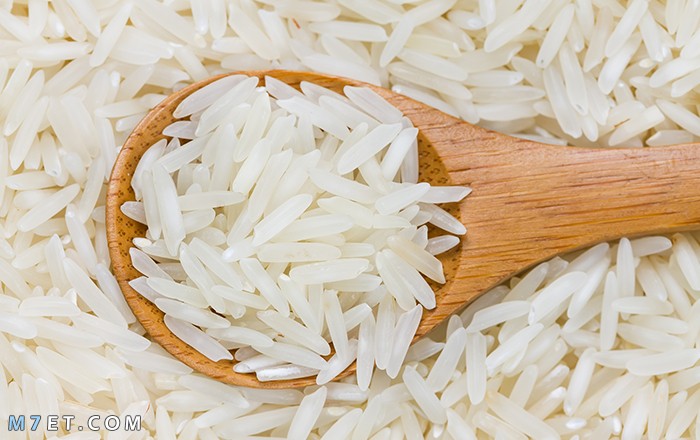
brown rice nutritional value
The body needs many vitamins and some auxiliary elements to increase the support of the body to perform its functions to the fullest. This type of rice increases the rate of neurotransmitters;
To nourish the nervous systems, besides helping to improve biological processes, the nutritional value of a cup of brown rice will be explained as follows:
- Calorie value 216 (905 kilojoules).
- Total fat is 8g 3%, and this value will be divided (0.4g saturated fat 2%, monounsaturated fat 0.6g, polyunsaturated fat 0.6g).
- Total carbohydrates 8 g 15%.
- The value of dietary fiber 5 g is 14%, and the average sugar is 0.7 g.
- The protein content is 5 g, in addition to the calcium value of 20 mg, and the potassium rate is 84 mg.
- The iron value of brown rice is 1 mg.
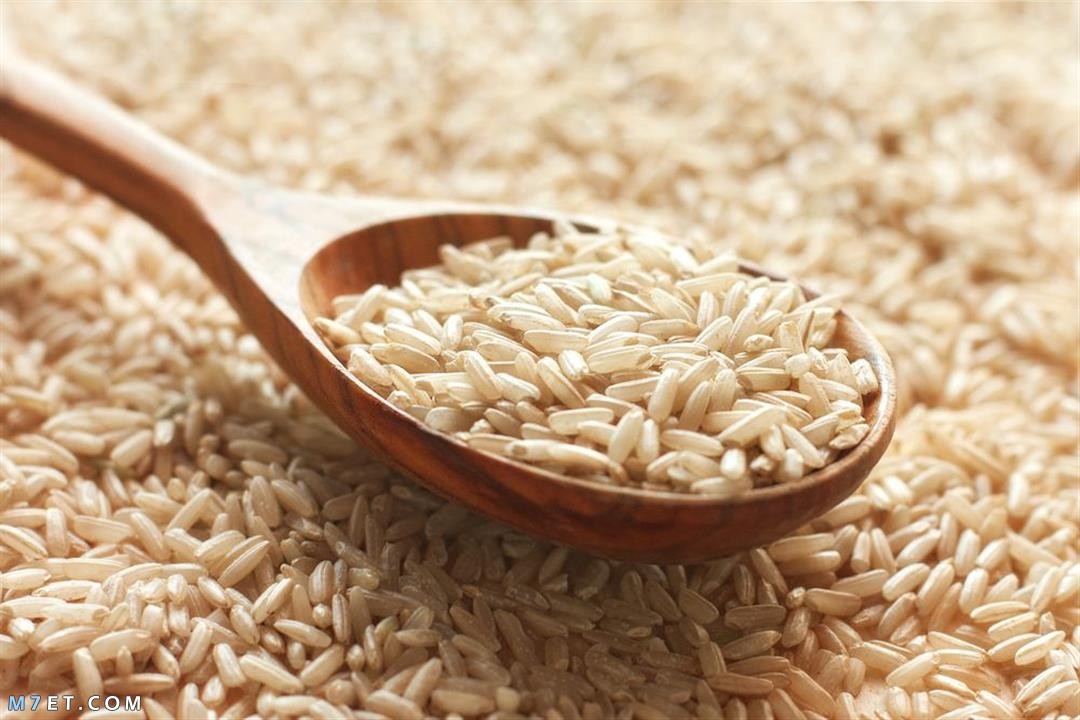
What is the benefit of rice?
Rice has many benefits, so it is one of the main dishes, as the percentage of cultivation reaches 90% of the types of agricultural crops. These benefits are as follows:
- It gives the body the necessary energy, in addition, it is useful for the skin and gives it elements to nourish the skin.
- Contributes to regulating blood glucose levels.
- Rice controls the treatment of some diseases, as it contains many nutrients.
- It prevents Alzheimer’s disease as it gives the body an appropriate amount of neurotransmitters.
- Helps protect the heart from heart disease or stroke as a result of rice containing antioxidants.
- A first aid in treating diarrhea, as it has diuretic properties.
- Rice contains a group of fibers that help improve digestion.
- Rice has a small percentage of cholesterol and saturated fats that promote heart health, and it becomes a healthy food.
- As a result of rice containing all these benefits, in addition to the nutritional value, the consumption of rice has become popular all over the world.
Important notice:
- When making rice and adding a tablespoon of butter to it, this increases the calorie rate by 124 calories for the amount of a cup of rice.
- It is worth noting that chicken broth when added to rice increases the amount of calories by an average of 94 calories.
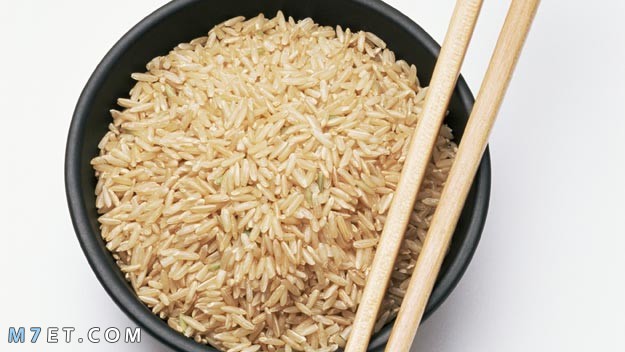
The nutritional value of boiled rice is different from the value of cooked rice with butter or broth added. The boiled rice loses many calories;
Therefore, it is used not only for all cases of digestive disorders, but also for all diet regimens during dieting to lose weight.
[ad_2]

